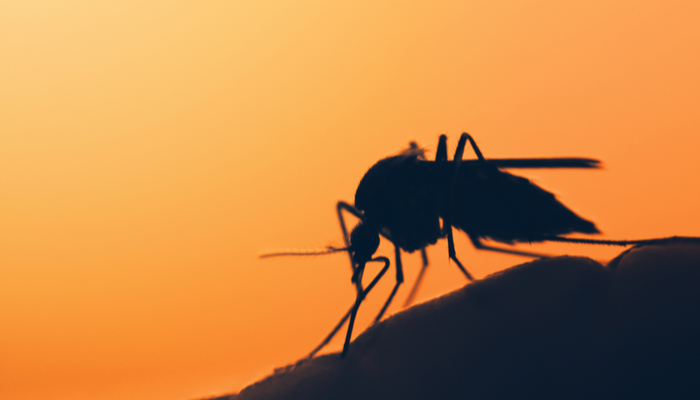.png?width=700&name=So%20much%20science,%20so%20little%20time%20(May%202018%20edition).png)
While scientists from LA to Taipei have been beavering away to become the next Michael Faraday, we’re here to give you an action replay from the month of May! We’ve selected a handy array of our favourites to convey the projects that were underway. So, don’t delay, read on to take away the innovations of today. Hooray!
Sun, sea and slugs
In an illuminating turn of events, scientists at Rutgers University-New Brunswick have revealed why Elysia chlorotica, a sea slug native to the East coast of the United States, has a good reason for sunbathing. By eating lots of nontoxic brown algae, the mysterious mollusc has shown that it can photosynthesise just like a plant!
The scientists explained that millions of plastids are obtained from the algae, which are then stored in its gut lining—these plastids act like tiny solar panels and provide the sea slug with a source of energy. The wider implications of this odd gastropod are that it could shed new light on artificial photosynthesis for other energy applications. Maybe in the future we can harness isolated plastids as green machines or create bioproducts too!
Banter in the planter
From solar-powered slugs to chatterbox plants. Scientists have discovered that plants are able to 'listen in' and communicate with their neighbours in ways previously not thought possible, by secreting chemicals into the soil around them.
Plants hate crowds. So, when there is a lack of space that leaves a lot to be desired, they aim to nip it in the bud by growing more aggressively to avoid being in the shade. Interestingly, the study unearthed that the gossipy plants somehow also tell their neighbours to do the same thing. It was shown that a new plant placed in the old growth solution of a crowded plant will also grow much more aggressively!
Delayed check out
Chess grandmasters may be ahead of the game in more ways than one, with scientists at the University of Melbourne having shown in their recent study that playing chess at an elite level leads to a prolonged life expectancy.
In fact, chess grandmasters are not only living longer than the average person, they have lifespans that are comparable to Olympic athletes! This startling discovery surprised scientists across the board, and if keeping the mind sharp with chess really extends lifespans, the same effect may apply to other forms of mental gymnastics. Could this be good news for those of us who prefer to run an experiment than run a marathon?!
Wham, bam, thank you Gram (-positive bacteria)
Bad news for bacteria! Scientists have developed a drug that acts as a “double Trojan horse” which can trick antibiotic-resistant bacteria into committing suicide. Just one imitation horse was needed to conquer Troy, but to destroy drug-resistant tumours in mice, researchers at the University of Notre Dame needed two waves of the horse-like cellular compartments.
The drug appears to be a nutrient, so the bacteria gladly accepts the gift, but it actually contains two types of antibiotic. When the bacteria destroy the first antibiotic, it unleashes the second, killing it. These results have shown for the first time that these Gram-positive antibiotics can be snuck into Gram-negative bacteria. Double-grammy!
A 3D skin-ter
It’s a good day for grazed knees! University of Toronto researchers have developed a handheld device for producing 3D-printed skin! Like a roll of skinny sticky tape, the machine prints a squishy line of “bio-ink” gel filled with skin cells, collagen, and fibrin.
For patients with deep skin wounds, this portable device could eventually be used to print new skin straight onto the patient. By avoiding the need for skin grafts, new skin tissue could be formed directly over the wound in two minutes or less! Skintillating news!
Want to keep up to date with the latest life science and marketing news? Then why not subscribe to our newsletter?





